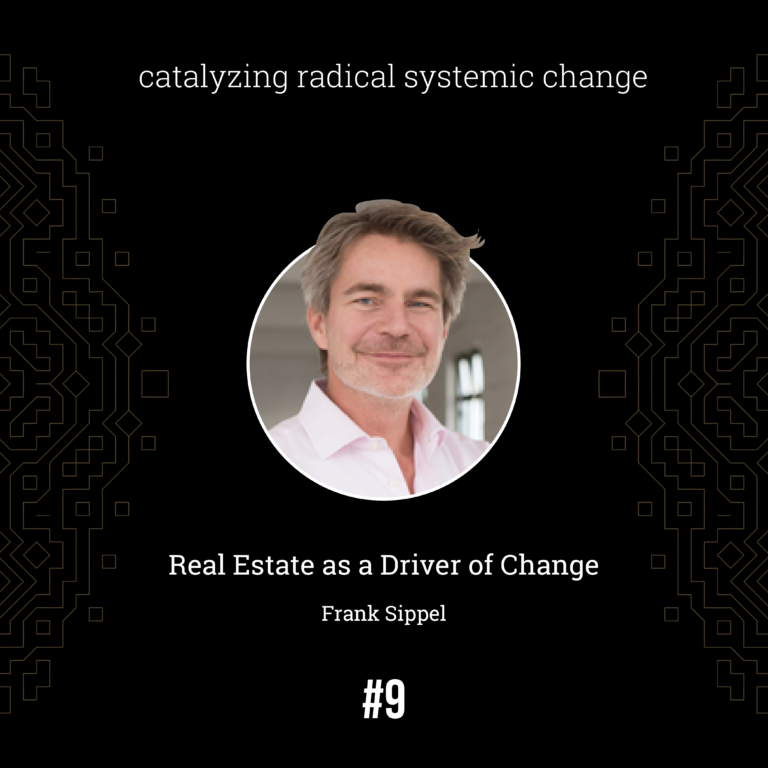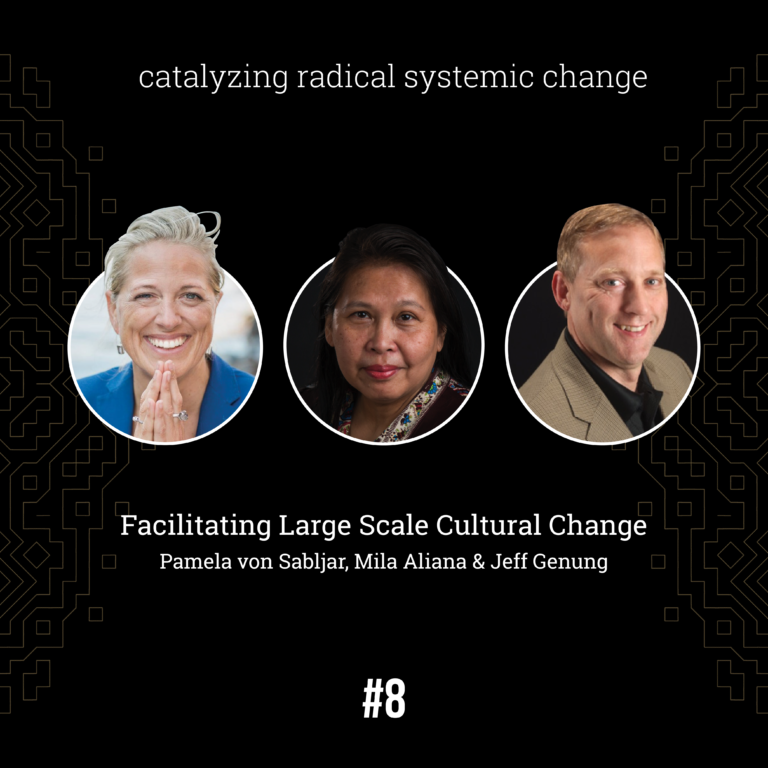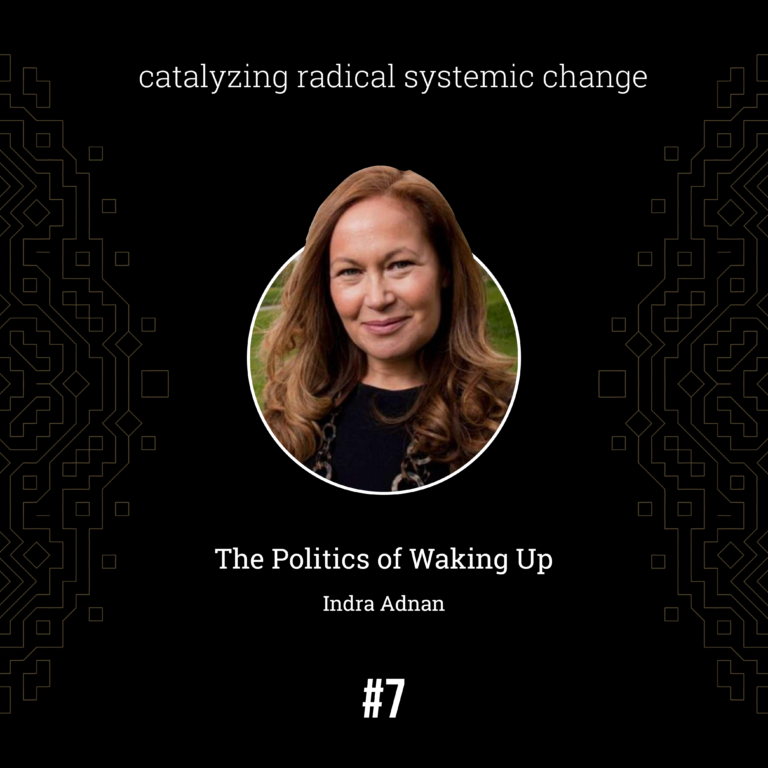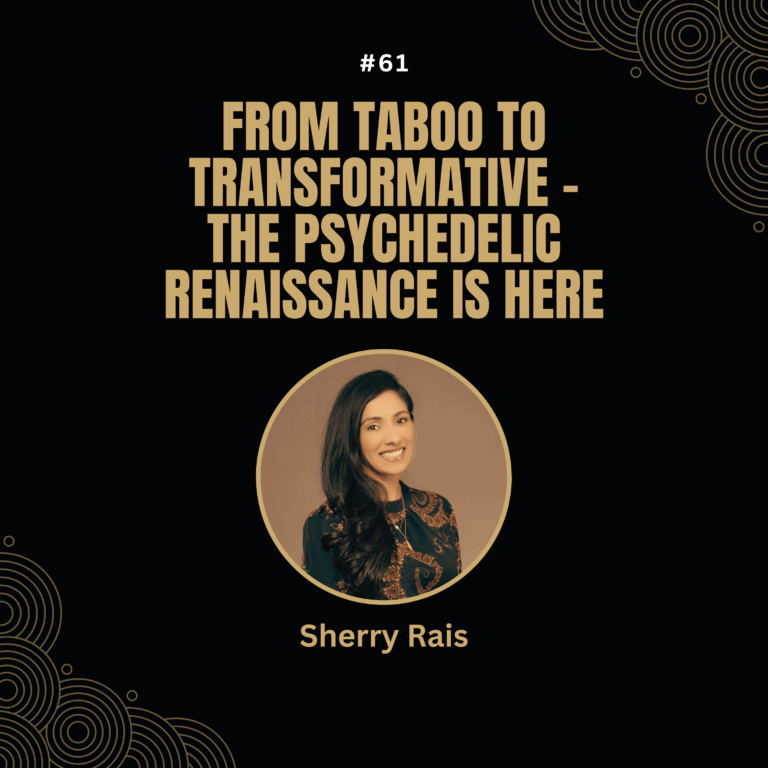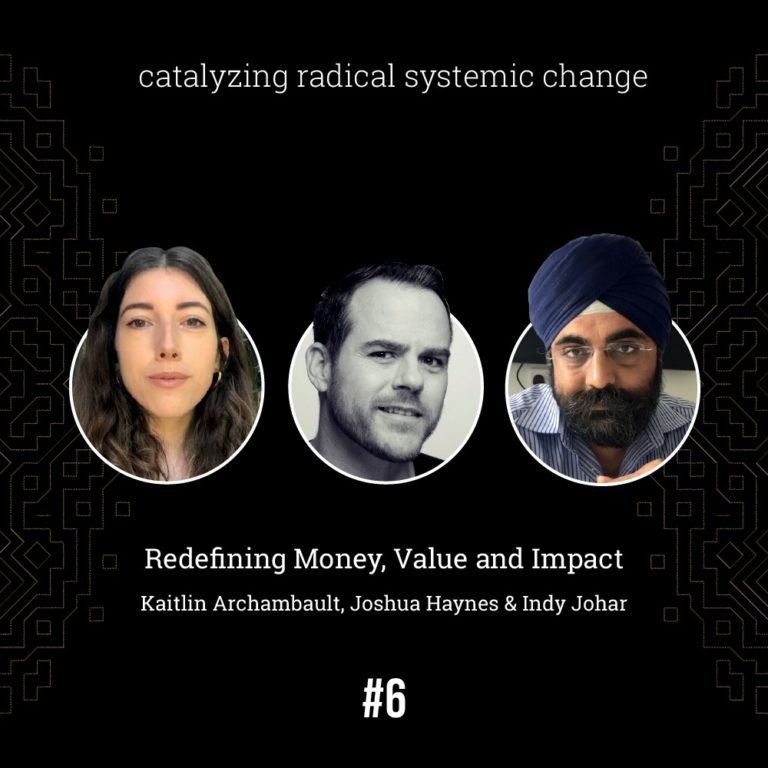When we observe the state of affairs on a broad scale, we become painfully aware that the institutions governing the planet are operating on outdated systems. For new pluralistic governance models to emerge, we need to rethink the foundations, mechanisms, and processes at play on a fundamental level and prepare for an inevitable transition.
It’s my great pleasure to share this podcast with Anastasia Kalinina, co-founder of the reState Foundation, which aims to reimagine the future of governance and global collaboration.
Find here the most exciting nuggets we explored:
- After discovering the ceilings of what legacy systems are capable of in senior positions at international organizations and institutions, like the UN and WEF, with reState Foundation, we’re aiming to reimagine the future of governance, global collaboration, and accelerating the transition to more desired futures as a human family.
- Governance systems worldwide struggle to harness the full potential of emerging technologies, limiting people’s ability to shape agendas on both local and global levels.
- On a global level – we need better planetary coordination mechanisms to define and manage global commons. Peer-to-peer, participatory, global citizen assemblies, new planetary institutions, etc.
- We are sleepwalking toward the edge of a cliff, against the backdrop of a planetary catastrophe that is only beginning to unfold, destined to drastically reshape our lives. What we need is calm and non-delirious systems thinking, a skill that can be developed over time.
- We need to enhance cooperation to the level of a mature Technosphere. This is really what the new ecosystemic technologies such as Web3, blockchain, open source and the like are about, to move from a narcissistic vision of isolated entities, unaware of their impact, to cooperative and ecologically aware ecosystems.
- We’re failing to convey the magnitude of the shift we’re experiencing. It is our generation that is being called upon to make this transition. Our lifestyles are destined to transform, whether we like it or not. While history has seen a few collapses of civilizations, what sets this moment apart is that we’re now part of a fully entangled planetary civilization — where food systems, energy systems, oceans, technology, and everything else are intricately intertwined and impact one another.
- Transitioning from the enlightened Newtonian worldview to a quantum worldview, how can we broaden the notion of agency and rights to include all forms of life? Considering that the Earth’s population encompasses not only humans, how do we design for a more-than-human world? How does this expand accountability vis-à-vis the wholeness of life?
- How can we reimagine energy systems, food systems, urban design, education, logistics, data, policy, finance, future of monetary systems, economic systems, healthcare, governance and organizational culture?
- A case for the planetary commons: I advocate for cosmo-localism, i.e. the subsidiarity of material production, but the supersidiarity of immaterial collaboration. The evolution of civilization can be seen as a pulsation of the commons, with the extractive institutions of markets and states in charge of ascending periods, followed by a popular striving to re-invent the only regenerative and protective institution that is the commons.
- Planetary commons recognize the complexities and interdependencies inherent in the Earth system and acknowledge the potential of an all-encompassing commons approach that extends its focus beyond facilitating equal access to resources (current international law around commons), to one that is focused on safe-guarding critical Earth system regulating functions.
- When we look at the future of network states, we recognize that there are roughly 35 million digital nomads in the world, with the financial power equal to the GDP of Germany, so people choose kinship based on shared visions and aspirations as opposed to geographic proximity. We see a plethora of experimental spaces in governance – private cities, regenerative communities, free zones with their own governance structures. All of these are important spaces for the future of governance discussions.
- How does inner work influence outer outcomes? What does conscious leadership mean? Can our policy-makers and business role models explore and spread that? What does it take? A departure from conventional thinking and bold, audacious action – transcending traditional notions of authority – understanding the interconnectedness of the world – nurturing the collective vision for desirable futures – satisfying the needs of the present without compromising the needs of future generations
Anastasia Kalinina
has always been involved in system change, social impact, community building, global affairs, international diplomacy, and creating alternative futures. She has held senior positions in global non-profits such as Amnesty International and the International Service for Human Rights, as well as international institutions like the United Nations (Senior Advisor) and the World Economic Forum (Director for Eurasia). She was also a member of the founding team of the Global Shapers Community.
Once she discovered the limitations of traditional institutions, she started an independent journey by co-founding a Swiss-based non-profit, reState Foundation, aiming to reimagine the future of governance and global collaboration, and accelerating the transition to more desired futures as a human family. The foundation campaigns for acting as one species and tackling challenges as a human collective. reState provides a platform for designing, building, and testing viable alternatives to existing systems.
Anastasia holds a BA in Arts from Bard College New York, MA in Public Affairs from the University of Northern Iowa, MS in Human Rights from the London School of Economics, and an Executive Master degree in Global Leadership, delivered jointly by Columbia University, INSEAD, London Business School, Wharton Business School, and China Europe International Business School. Anastasia is a World Economic Forum Global Leadership Fellow, an Apolitical Academy Fellow, John Smith Fellow, and an honorary member of the International Project Management Association. Anastasia regularly writes for various international outlets, including the Independent, the New Atlanticist, Berkman Klein Center for Internet and Society’s blog, etc. Her areas of expertise and interest include public governance, planetary commons, conscious leadership, social innovation, civic tech, policy, and global affairs.
Toolkit for the future of governance
Use cases for the future of governance




